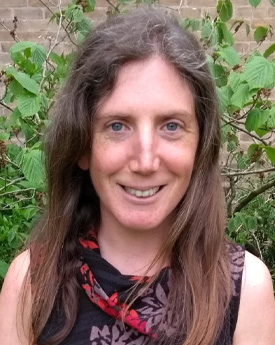Lancaster Environment Centre (LEC) recognises that sustainability needs to be embedded in everything we do:
- Through our research and partnerships we strive to address the big environmental and societal challenges we face.
- Through our teaching we aim for students and staff to inspire and influence each other to develop and apply the knowledge and skills needed to contribute to creating a sustainable, more equitable world.
- Through our everyday work we also aim to practice and promote sustainability.
We recognise that many of our current practices are not in line with addressing the climate and ecological emergency, and we seek to change this as soon as possible.
We support calls for Lancaster University to commit to a target of net zero carbon emissions by 2030, and we want to play our part in achieving this target.
We have developed a ‘decision tree’ to assist with decision-making about travel modes and alternatives to travel. Download a copy: Travel Decision Tree.







